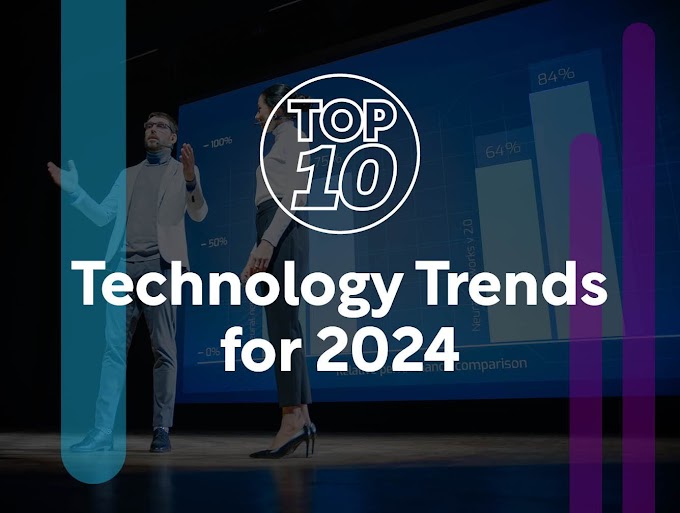The world of academia, with its emphasis on theoretical knowledge, can sometimes feel like a separate universe from the fast-paced, practical demands of industry. This gap can leave engineering graduates feeling unprepared for the workforce,struggling to translate classroom concepts into real-world solutions. But there's a movement afoot to bridge this divide!By fostering connections between universities and companies, we can create a generation of engineers who are both academically sound and industry-ready.

One key
initiative is the internship.
Internships provide students with invaluable hands-on experience. They get to
work on real-world projects, like developing a prototype for a new green
technology or troubleshooting production line issues.They learn industry-specific
tools and gain a deeper understanding of the day-to-day operations within a
company. This exposure allows them to refine their technical skills in areas
like software development, robotics, or materials science. But it goes beyond
that. Internships also help develop crucial soft skills like communication,
teamwork, and problem-solving,all essential for success in the professional
world. Students learn how to collaborate effectively with diverse teams,present
their ideas persuasively, and think critically to overcome unexpected
challenges.
Another
impactful approach is the co-op program.
Here, students alternate semesters between academic study and paid work
placements in relevant companies. This extended period of industry immersion
allows for a deeper dive into specific fields, fostering specialized skill
development. Imagine a student spending a year working on a project to design a
more energy-efficient building system. They gain not just technical expertise
but also a nuanced understanding of the industry's regulatory landscape and
budgetary constraints. Co-op programs also help students build strong
professional networks,connecting them with mentors who can offer guidance and
support as they navigate their careers.
Industry guest lectures are another game-changer. Bringing practicing engineers into
the classroom bridges the theoretical-practical gap in a powerful way. Students
gain insights into industry trends, the latest technologies, and the challenges
companies face. Hearing firsthand about the application of engineering concepts
in areas like artificial intelligence or sustainable energy production sparks
curiosity and helps students connect the dots between their studies and
potential career paths. This interaction allows them to ask questions about the
realities of the job market, get a feel for the work environment, and make
informed career decisions.
Capstone projects
can also be a powerful tool. By collaborating with companies on real-world
engineering problems,students get the chance to apply their theoretical
knowledge to solve practical issues. Imagine a team of students working with a
local robotics company to design a robot that can automate tasks in a hazardous
environment. This not only enhances their technical skills in areas like
robotics and control systems but also teaches them valuable project management
and critical thinking abilities. Students learn how to define project goals,
manage timelines and resources,and adapt their approach based on real-world
constraints.
If you enjoyed this blog, then share it with your friends. To know more, follow the
below links:
Facebook - https://www.facebook.com/AVCOEngg
Instagram - https://instagram.com/avcoeofficial?igshid=YmMyMTA2M2Y=
LinkedIn - https://www.linkedin.com/showcase/alumni---avcoe
Twitter - https://twitter.com/AmrutvahiniE



0 Comments